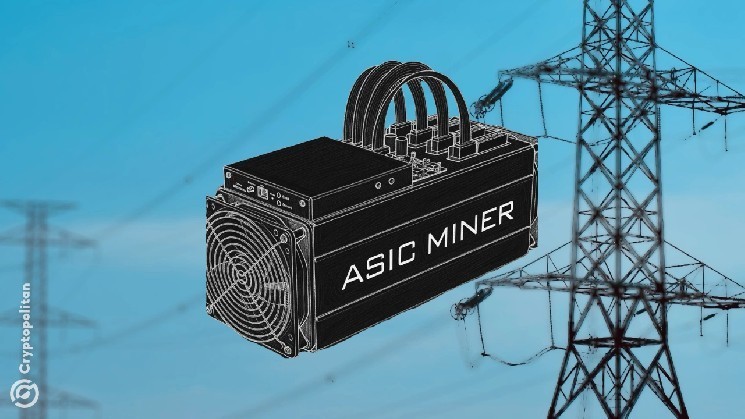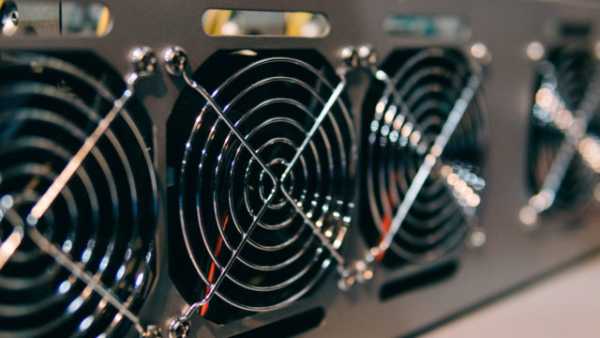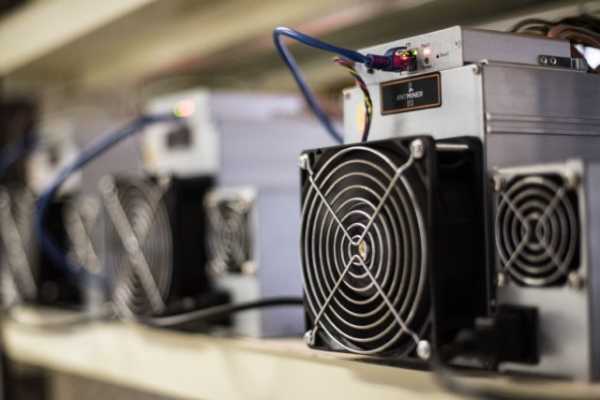Iran blames crypto miners for deepening energy crisis

Iran’s energy challenges have intensified in recent months, with citizens pointing to cryptocurrency mining activities as a primary culprit. Growing frustrations over power shortages have sparked street protests as vocal demonstrators confront authorities.
Recent accounts reveal Lake Urmia, once renowned as among the world’s largest saltwater bodies, has dramatically deteriorated. Observers now characterize its expanse as barren salt flats, while neighboring communities face escalating environmental strain. Analysts warn the lake risks total depletion by summer’s end.
A historic drought and severe water shortages nationwide intersect with crippling electrical deficits. Escalating summer heatwaves, frequently exceeding 40°C, exacerbate tensions. Energy conservation measures have forced intermittent closures of Tehran’s government facilities, sparking complaints about untenable workplace conditions.
Power Shortages Reach Critical Levels
Babolsar residents have staged sustained protests near energy infrastructure, responding to relentless blackouts. Viral social media footage captures medical staff in sweltering hospitals relying on manual fans for relief, while cancer treatment wards reportedly endure prolonged electricity failures.
Critics accuse officials of systemic mismanagement fueling the crisis. Protest chants demanding “water, electricity, survival – our undeniable rights” and denouncing governmental failures echo through unrest hotspots as security forces monitor gatherings.
Khomam resident Hamid, a local dessert vendor, described operational paralysis caused by repeated outages: “Initially enduring two-hour daily cuts became unbearable when doubled. My inventory spoiled, and we suffered in the oppressive heat.” His participation in governor’s office demonstrations coincided with temporary relief measures restoring partial service.
Previous Cryptopolitan investigations highlight allegations against state-linked crypto operations. Critics contend groups affiliated with the Khamenei administration prioritize profit through energy-intensive mining, despite nationwide blackouts. Accusations specifically target IRGC-connected enterprises accused of resource exploitation.
Mounting energy instability compounds civilian distress following recent military strikes by Israeli and American forces targeting nuclear facilities. Though intended to curb atomic development, the assaults reportedly claimed over a thousand lives. Nuclear energy remains marginal in Iran’s grid, constituting merely 2% of production from a solitary reactor.
President Masoud Pezeshkian has urgently addressed worsening drought conditions during government sessions, labeling the situation catastrophic. His social media rebuttal dismissed Israeli leader Netanyahu’s calls for civil disobedience, dismissing them as baseless provocations.
Energy sector professional Mohammad Mohebbi alleges institutional misuse, stating IRGC commands 5% of national power capacity for sanctioned cryptocurrency ventures. Environmental analyst Kaveh Madani condemns unsustainable policies, arguing decades of resource mismanagement have precipitated irreversible ecological collapse.
Source: cryptonews.net



